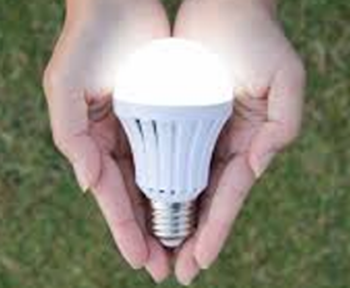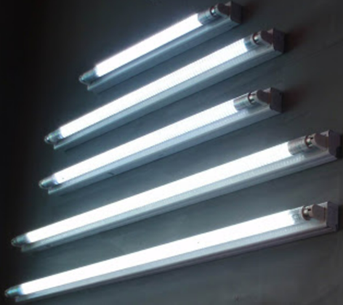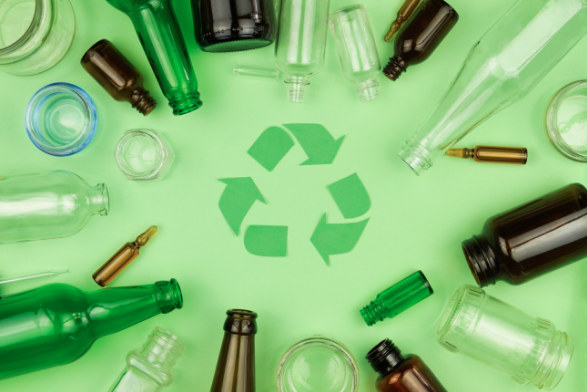
Light bulbs after it’s life-period are usually thrown away and not recycled, which then ends up in landfills where the chemicals contained within these may leach to the soil and groundwater affecting the environment. There are many types of light bulbs that can be recycled; the raw materials can be recovered and reused. Using recovered materials takes up less energy than it does to produce items with raw material and helps from further mineral mining.
Here are some of the types of light bulbs (and it’s parts) that can be recycled:
Light-Emitting Diode or LED Light Bulbs

LED lights are the most environmentally friendly light bulbs in the market because of their extended lifespan, lack of dangerous chemicals, and based on its energy efficiency rate. LED lights do not contain toxic elements. However, it is made of electronic components such as Diodes, semiconductors, or transformers which could be recycled. LEDs are made of glass (88%), some metals (5%) and other different materials (7%). Some metals contained in LEDs are useful for recycling such as indium, gallium, or some rare-earth element (REE) that you can find in the crust. It’s better to avoid those lights to make their way to landfills.
Fluorescent Lamps
Fluorescent lights are more energy efficient than the incandescent lights. Recycling for Fluorescent lights is crucial, otherwise the mercury and phosphorus content can spill to the environment when disposed of in landfills.
Recycling helps in separating mercury, phosphorus powder, glass, and metals and the same can be reused in new fluorescent lamps.
Compact Fluorescent Light or CFLs

Compact fluorescent light bulbs or CFLs, are more energy-efficient than some other types of bulbs but also contain mercury, which is toxic to the surroundings. Therefore, these should not be disposed in the landfills and need to be recycled by separating glass, metals and other materials such as mercury which can be reused to make new products or light bulbs.
Recycling CFLs not only keeps trash out of landfills but also stops the discharge of hazardous mercury into the environment.
Get More Info : Light Bulb Recycling


No comments:
Post a Comment